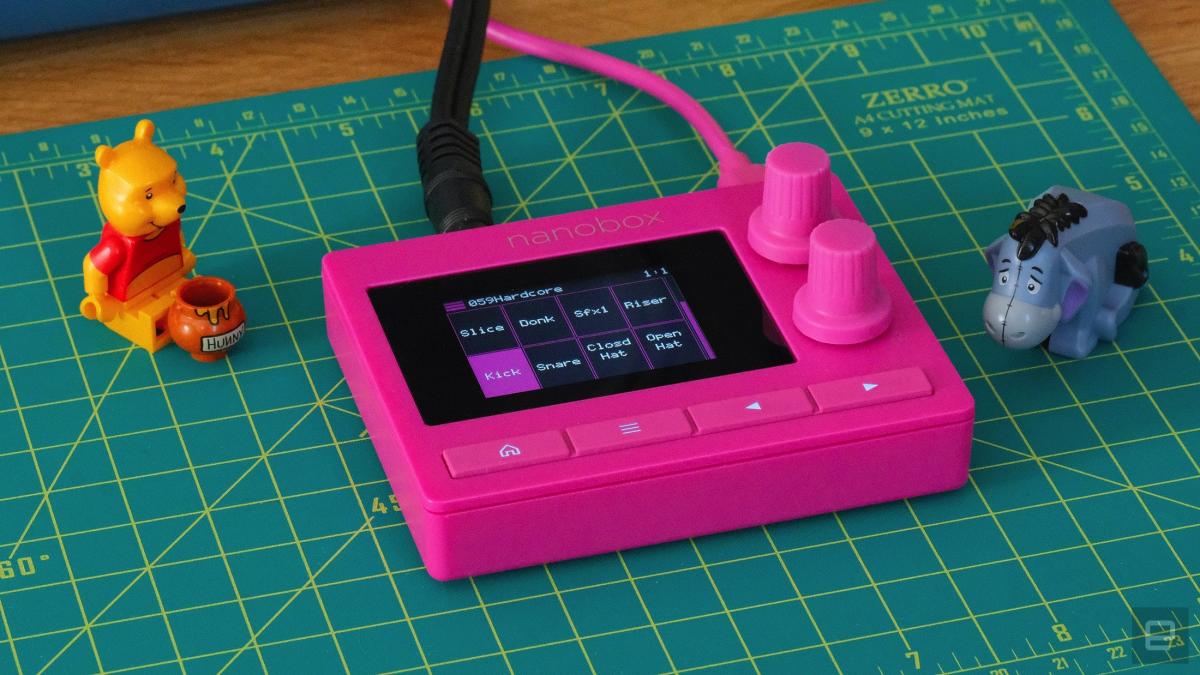
Today’s stories include scientists who just discovered a whole new way to measure the time of a spotted ‘planet killer’ asteroid, how random events have shaped the course of human history, and more Again.
Cosmic Inflation Solves the “Past Assumption” Problem–Billions of years ago, ever-increasing entropy must have been much lower: the hypothesis of the past. Here’s how cosmic inflation solves it, reports Big Think.
A space industry expert explains why she doesn’t think aliens have been to Earth, reports MSN. “For this space program communications expert, she thinks they just have no idea we’re here. In this video, “Astro Alexandra” – who helps interpret aspects of space, space exploration and other science facts for lay people on social media – explains that when it comes to space , we are dealing with incredibly large numbers. Distances so great that our human brains can barely comprehend them.
The cosmologist who claims to have proof of the multiverse – Cosmologist Laura Mersini-Houghton says our universe is one of many – and she argues that we have already seen signs of these other universes in the cosmic microwave background, the light left behind by the big bang, reports New Scientist.
The Arecibo Legacy: The Largest Radar Dataset for Near-Earth Asteroids will help us understand their origins and protect the Earth from future impacts, reports Sky & Telescope.
Scientists Just Discovered a Whole New Way to Measure Time, reports Science Alert. “Marking the passage of time in a world of ticking clocks and swinging pendulums is a simple case of counting the seconds between ‘then’ and ‘now’. On the quantum scale of buzzing electrons, however, “then “cannot always be anticipated. Worse still, “now” often turns into a fog of uncertainty.”
‘Planet Killer’ asteroid spotted that poses distant risk to Earth –The space rock, about a mile long, had been hidden by glare from the sun, suggesting that more large asteroids are in a region of the solar system that is difficult to study from Earth, reports Robin George Andrews for the New York Times.
NASA has combined 18 images of the entire sky over 12 years to create a timelapse of the Universe. The Universe is over 13 billion years old, so a 12-year slice of that time may seem uneventful. But NASA’s timelapse film shows how much that can change in just over a decade. Stars pulsate, asteroids follow their paths, and distant black holes flare up as they pull gas and dust towards them, reports Inverse.com.
How Random Events Shaped the Course of Human History– Is history decided by discernible laws or does it unfold on the basis of random and unpredictable events? Big Think asks. “Unlike physics, history lacks discernible laws and principles that bring order to primordial chaos. Historians increasingly rely on mathematics and AI to gain a more objective understanding of the past, but they still have a long way to go.
Hubble Telescope spy on cosmic ‘spider’s web’ holding clues to dark secret, reports Andrew Jones for Space.com. “A chilling image of a ‘cosmic spider’s web’ of galaxies coming together in ways that baffle scientists.”
The chilling science of reanimating undead spores. These cells — and how they wake up — can tell biologists a lot about life, death, and the gray area in between, Wired reports.
The Unistellar network breaks the record for observing exoplanets, reports the SETI Institute. “In November 2021, members of the Unistellar network made their own observations of an exoplanet called Kepler-167e as it passed in front of its star. Thirty-one citizen astronomers from around the world took part in this 32-hour exoplanet hunt, each adding valuable data to the longest-running Unistellar exoplanet campaign to date.
Curated by the Daily Galaxy editorial team

Your free daily dose of space and science stories – a random journey from planet Earth through the cosmos – that has the ability to provide clues to our existence and add much-needed cosmic perspective to our Anthropocene times.
Yes, sign me up for “The Galaxy Report” newsletter

#evidence #multiverse #Galaxy #Report



